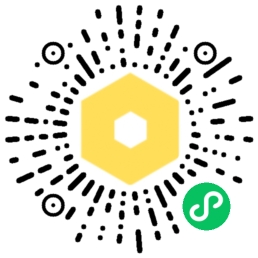【判断题】【消耗次数:1】
A: Hi, John. This is my friend, Mary. B: You are good, John.
①
正确
②
错误
参考答案:

纠错
相关题目
【单选题】
—Good morning, John. How are you doing?—____.
①
Im pleased.
②
Good night.
③
Not so bad. And you?
④
How do you do?
【单选题】
--Good morning,John. How are you doing?--________________
①
Im pleased.
②
Good night.
③
Not so bad. And you?
④
How do you do?
【多选题】
Hello, this is John. May I_________ Dr. Black?
①
talk to
②
speak to
③
speak with
④
talk with
【单选题】
26.The meeting was put off because we ________ a meeting without John.
①
objected having
②
were objected to having
③
objected to have
④
objected to having
【单选题】
A: Hi, Mary. Its Peter. Do you have time to talk? B: Hi, Peter, [填空]. I was just watching TV.
①
so what
②
no doubt
③
sure
④
some time
【单选题】
Mary: How do you like Professor White’s lecture? John: ____
①
He talked about economy.
②
He teaches Class 2 students.
③
Very much.
④
He is a middle-aged professor.
【单选题】
Mary, your dress is really beautiful. How is John?
①
Thank you very much
②
No, no, John is not bad
③
Thank you. He is fine
④
Don’t say that. It’s ugly. John is good
【单选题】
A: [填空], Mr. John? You dont look very well. B: Ive had a pain in my chest since this morning.
①
How are you
②
Whats your trouble
③
How are you feeling
④
How are you getting on
随机题目
【单选题】
以下对于区域科学教育活动的特点描述错误的是( )。
①
是一种教师作为显性要素的活动
②
是一种教师成为隐性要素的活动
③
是一种幼儿自由探索的活动
④
是一种幼儿自主操作的活动

